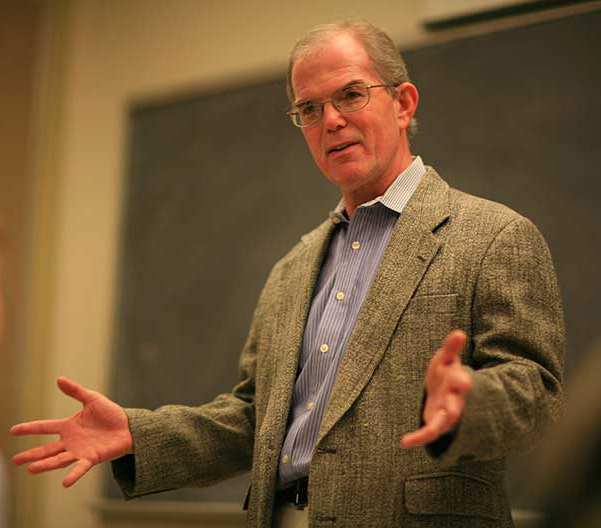
One often hears complaints about how some people litter their sentences with the word like—not as a noun, verb, preposition or conjunction, but as, like, an interjection. Like that. Now I know that Canadians like to blame Americans for all the world’s ills, but we can’t really lay this verbal tic at the feet of California Valley Girls, as some have done. As R.W. Burchfield tells us in the New Fowler’s Modern English Usage, like as an interjection (or as he calls it, a dialectical filler), is pretty old. He identifies the first written instance of it in the 1778 novel Evelina, by the English novelist Fanny Burney. And he also cites the use of like as interjection by such well-considered writers as Sir Walter Scott and de Quincy.
In the online language magazine Vocabula Review, Edwin Battistella, a professor of English and writing at Southern Oregon University, speaks up for like:
Grammarians have started to recognize a system to like. It can be used to indicate approximation. Reporting on a number of dollars, someone might say that “Gas is like $3.50 a gallon.” Maybe it’s a little more or a little less, but that is the ballpark figure. “She has like a thousand books” means the speaker is estimating rather than counting. Without the like, the sentences are misleading because the numbers are not intended to be definitive.

This is all fine and good, but what about when the phrase be like is used as an equivalent of said? Everyone has heard conversations like, “So, I’m like, ‘I’m not going,’ and he’s like ‘Yes, you are,’ so I’m like, ‘No way,’ and he’s like ‘Yes way.’” The grammarian Bryan Garner calls this use of like a “low casualism” and notes that though it is ubiquitous among teenagers it is a sign of “arrested development” in adults. Ouch! I say this because I occasionally use like as described above, though not in such an egregiously teenagerish way.
Maybe the problem is not the occasional such use of like but the overuse (which, let’s be fair, can happen with other words and phrases, such as right, you know, sort of and okay). In fact, I suspect that the chances of there being many people who ever have a like-free day is, as they might say in Old Blighty, not bloody likely.
Gettable Grammar is a monthly series of conjectures, opinions and postulates by Karen Virag.
Previous post: Things that dangle
Next post: Whom, don’t leave us! We hardly knew ye!
Discover more from L'HEBDOMADAIRE DES RÉVISEURS
Subscribe to get the latest posts sent to your email.
